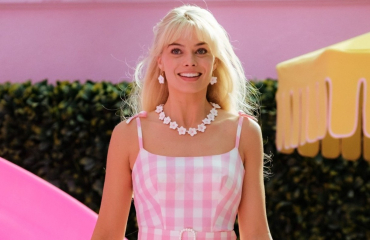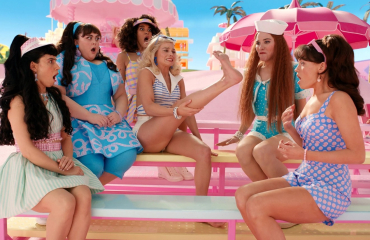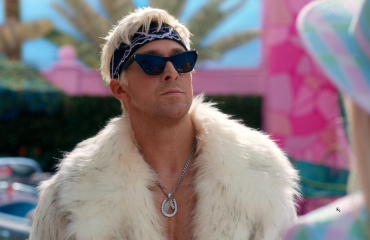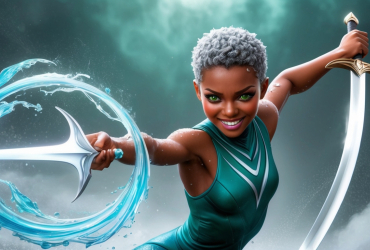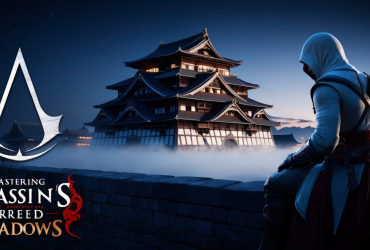- 18-10-2023
Barbie
"Barbie," the latest boundary-pushing film to hit the mainstream, skilfully marries commercial savviness and creative defiance. It emerges as an audacious testament that heartfelt creativity can indeed prosper, even within the stranglehold of commercial concerns. The film's arrival coincides fittingly with a social awakening among the creative workforce, fighting for fair wages and security against AI-driven redundancy. It boldly stands as a pink-streaked testament to the quintessential importance of human creativity and the artisan spirit.
Contrary to popular belief, it's a tall order for any studio-backed movie to sidestep commercialism without sacrificing its ability to connect with audiences. Still, "Barbie" bulldozes these norms in spectacular fashion. A brainchild of the trio, Greta Gerwig and her co-writer and partner Noah Baumbach, along with the producer and leading lady Margot Robbie, "Barbie" turned gestation during the pandemic into a liberating incubation period, free from the intrusive tendencies of Warner Bros and Mattel bigwigs.
Cinematic Quilt at its Best
The fruition of this freedom is a marvelous cinematic quilt, balancing whimsy and nostalgia in equal measure. Homages to film giants like Jacques Demy’s The Umbrellas of Cherbourg and Jacques Tati’s Playtime are interspersed with echoes of the hallmarks of Hollywood’s musical Golden Age.
And yet, nestling alongside this nostalgic homage is a fiery patch of defiant corporate satire that resonates with the cult classic Josie and the Pussycats from 2001. Underpinning the rib-tickling absurdity is an incredibly moving contemplation of womanhood that is pure Gerwig - taking the torch forward from her previous films like Lady Bird and Little Women.
Commercial Paradox: Love it or Hate it
Gerwig's latest venture cleverly intertwines art and commercial intent - a contradiction that beautifully captures our love-hate relationship with capitalism. Regardless of its robust link to a globally renowned brand and the unavoidable fact that success translates into thriving Mattel stocks, "Barbie" champions the unlikely symbiosis of artistry within capitalistic confines triumphantly. Like Gerwig's Jo March from Little Women said it aptly, “I am so sick of people saying that love is just all a woman is fit for. I’m so sick of it! But – I am so lonely.”
A Nod to the Plight of Modern Women
Articulating this sentiment further, there's a thought-provoking monologue delivered with stunning conviction by America Ferrera's character - an ordinary mom - about the unrealistic expectations heaped upon women. Barbie's empowering catchphrase, "women can be anything," now carries the burden of "Women should be everything." Precariously balancing ambition with gratitude body ideals with liberation, it explores the female existence's complicities through intriguing humor.
Redefining Barbie and Tackling Existentialism
The film satirically introduces "Barbie" - played by the luminous Margot Robbie - as the epitome of perfection, living life in pink-tinted grandeur alongside a troupe of successful girlfriends and a devoted boyfriend, Ken (a humourous Ryan Gosling). However, beneath the veneer of perfection, Barbie grapples with thoughts of her mortality in an unexpected turn.
Barbie's pursuit of answers unravels a hilarious yet thought-inspiring journey into the "real world." Challenging the self-proclaimed child specialists – the entirely male board of directors at Mattel – the film discreetly examines the distorted interplay between gender roles and societal norms. Scenes, such as Gosling's depiction of Ken’s misguided masculinity against the implied matriarchy of Barbieland, pose complex questions about power, visibility, and self-perception.
The film is replete with stunning ensembles designed by Jacqueline Durran, charming tributes to discontinued Barbies, and humorous nods to pop culture references like Duolingo, Top Gun, and Zack Snyder’s Justice League. Power-packed performances, especially Gosling's comedic genius, combined with the rich rhythm of humor and satire, make Barbie an unmissable cinematic treat.
Screenshots
